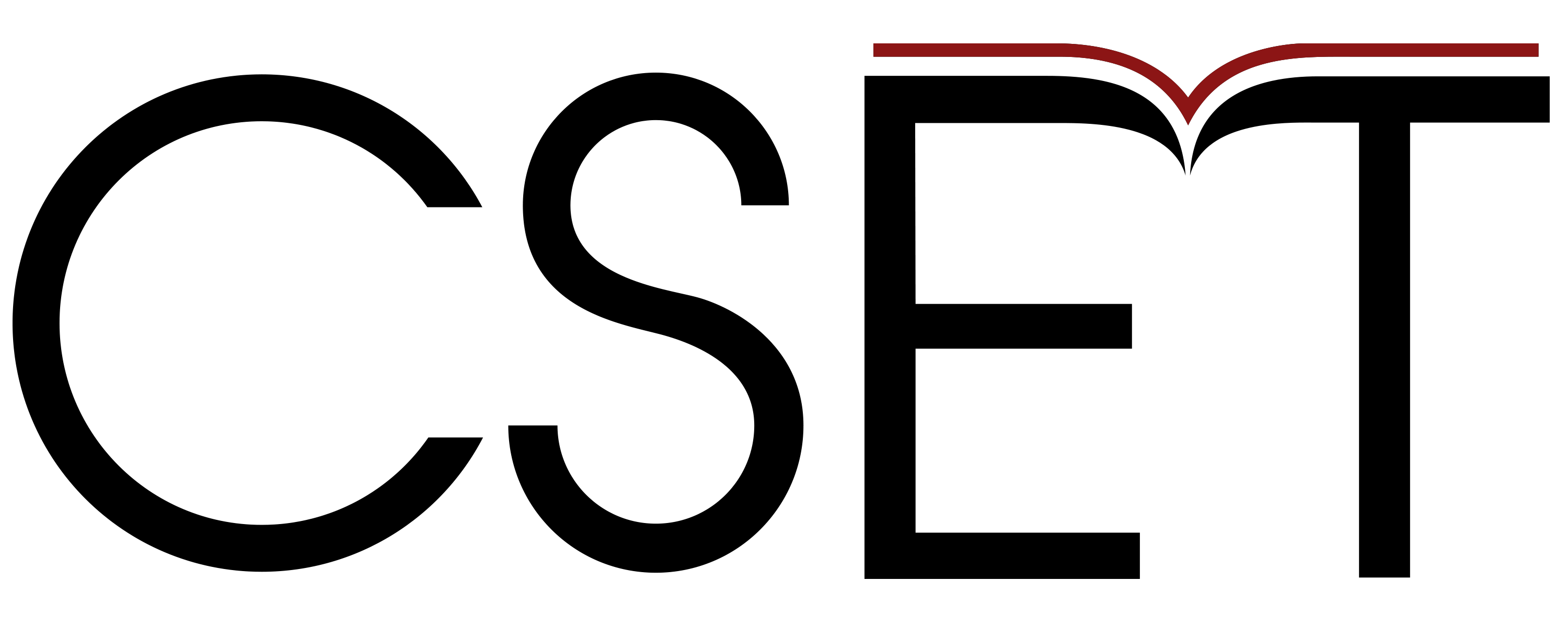Supporting Effective, Engaging, and Equitable Middle School Science Teaching and Learning
The curriculum was designed to exemplify the use of project-based learning as the primary instructional approach, with instructionally embedded performance-based assessments as the primary assessment strategy. The rationale was to build project-based learning units to support greater student engagement and deeper learning of rigorous content and scientific practices through authentic, real-world applications of science. The LTP curriculum also leveraged groupwork to enhance student engagement in the learning process, and provide all students access to learning. The curriculum used the Program for Complex Instruction (Cohen and Lotan, 1997) to inform the construction of group tasks. To access the LTP curriculum and resources, please click here.
Curriculum
Based on their positive experience during the field test of the Learning Through Performance (LTP) Curriculum Project in 6th grade, SFUSD STEM leaders approached Stanford’s Center to Support Excellence in Teaching (CSET) to partner with them to develop the complementary 7th and 8th grade courses as well as help revise the 6th grade curriculum with the intention of creating a science curriculum and professional learning for all middle school science teachers in the district. The current version of the middle school science curriculum built on the LTP base and incorporated a few key structures identified for supporting successful NGSS science learning for all students including problem-based learning, the 5E Instructional Model, integrated groupwork based on complex instruction, local examples of phenomena, support strategies for language learners, and performance assessments. At the beginning of the 2018-19 school year, the phased rollout of the curriculum was completed so that all middle school teachers were using the materials.
Professional Learning Experience
To support the district wide rollout of the curriculum work the SFUSD science team collaborated with CSET to develop a comprehensive professional learning experience plan. This plan addressed the nature of both the curriculum and instruction, supported the development of teacher leaders, and included practical work to learn the mechanics of the activities and the use of Sprocket and other technological enhancements.
In April 2020, Lucas Education Research (a division of the George Lucas Educational Foundation) hosted their annual colloquium virtually. Members from our team presented an overview of our project including the research-practice partnership, curriculum, professional development, and research findings. Click to view the virtual presentation.
Teaching During Distance Learning
When the COVID-19 pandemic required a shift to Distance Learning, district science leaders and teachers were interested in what student participation looked like and what ways teachers gave students to participate. CSET researchers collaborated with the SFUSD science team to identify two teachers who used the SFUSD Science Core Curriculum for 6th, 7th, and 8th grade in ways that promoted engagement and equitable learning opportunities for all students during the 2020-21 school year. We then collected data to better understand what the teachers did, how the students responded, what teachers perceived as supports that helped them succeed with their students, and the role of the curriculum in supporting equitable learning opportunities. We analyzed these multiple sources of data to develop a case study that tells two stories about teaching science via Distance Learning during a pandemic while looking for inspiration that transcends that particular situation.
Deutscher, R., & Carlson, J. (2021). Two case studies set in SFUSD. Middle school PBL in science: Examples of how two teachers supported student participation during distance learning. https://drive.google.com/file/d/1mZZrlu4zKJrYqoCkTWo9M-J8FHbTQkLh/view
Carlson, J., & Deutscher, R. (2021, April 8-12). Supporting teacher learning to promote equity in science education through project-based learning [Paper presentation]. Annual Meeting of the American Educational Research Association, Virtual.
Deutscher, R.R., Holthuis, N.C., Maldonado, S.I., Pecheone, R.L., Schultz, S.E., Wei, R.C., & Lucas Education Research. (2021). Research brief: Project-based learning leads to gains in science and other subjects in middle school and benefits all learners. Lucas Education Research.
Deutscher, R.R., Holthuis, N.C., Maldonado, S.I., Pecheone, R.L., Schultz, S.E., & Wei, R.C. (2021). Project-Based Learning and Performance-Based Assessment - Levers for supporting effective, engaging, and equitable science teaching and learning.
Carlson, J., Deutscher, R., & Lewis, E. (2020, April). Equity in science education through PBL: A research-practice partnership (2020). Presented at Lucas Education Research Colloquium, Virtual.
Holthuis, N., Deutscher, R., Schultz, S. & Jamshidi, A. (2018). The new NGSS classroom: A curriculum framework for project-based science learning, American Educator, 42(2), 23-27. https://www.aft.org/ae/summer2018/holthuis
Carlson, J., Deutscher, R., Delaney, S., Parker, S., Jamshidi, A., Holthuis, N., Dowling, J., Scinta, P., & Lewis, E. (2018, October). Equity in science education through PBL: A research-practice partnership (2018). Presented at Lucas Education Research Colloquium, Sausalito, CA, United States.
Schultz, S., Jamshidi, A., Holthuis, N., Deutscher, R., & Stoll, L. (2018, March 10-13). NGSS curriculum and performance assessments: Mechanisms for classroom change and student learning [Paper presentation]. Annual Meeting of the National Association for Research in Science Teaching, Atlanta, GA, United States.
Carlson, J., Deutscher, R., Delaney, S., Parker, S., Krumm, A., Jamshidi, A., Ryan, J., Holthuis, N., Schultz, S.E., Dowling, J., Scinta, P., & Lewis, E. (2017, November). Equity in science education through PBL: A research-practice partnership (2017). Presented at Lucas Education Research Colloquium, Sausalito, CA, United States.
Funded by the George Lucas Educational Foundation (GLEF)
